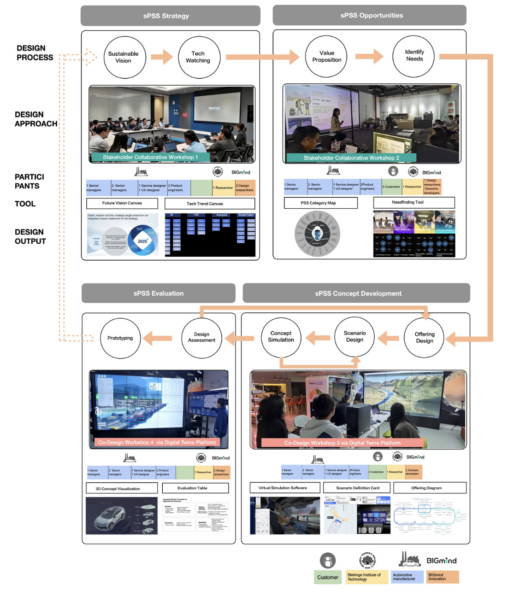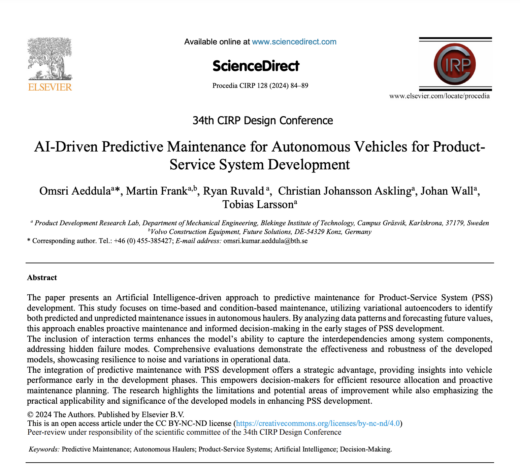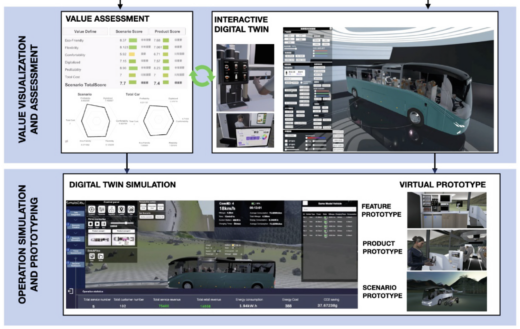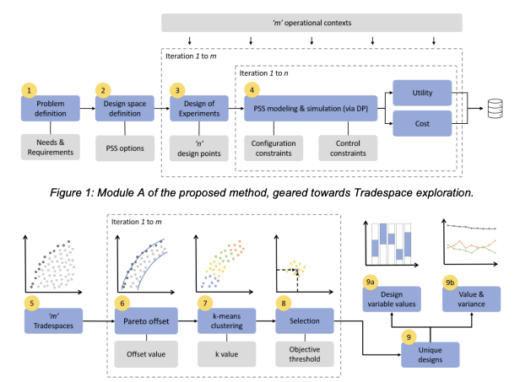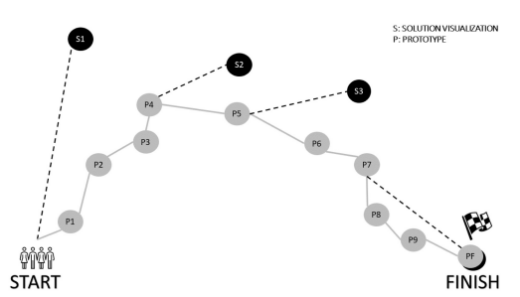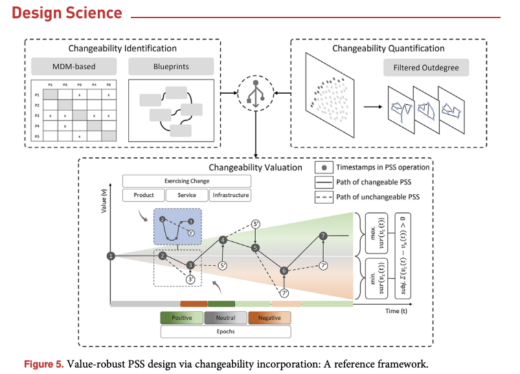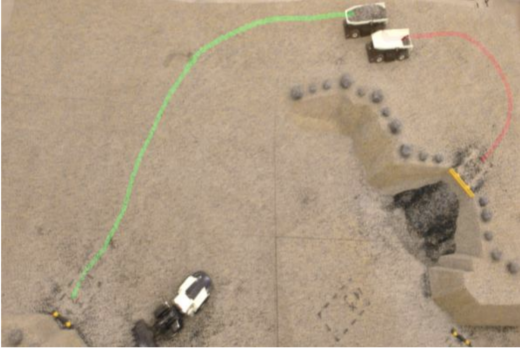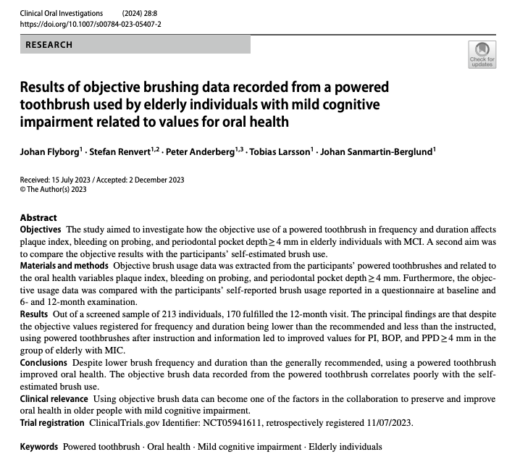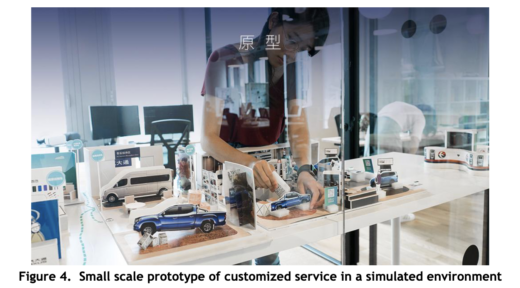Future Innovation Framework (FIF) for Value Co-creation of Smart Product-Service System Design in a Global Automotive Manufacturing Company
Abstract The Product-Service Systems (PSS) methodology faces new challenges as digital servitisation drives product-oriented companies to integrate digital services into their offerings. A value co-creation strategy and global collaborative innovation are now essential for these companies to develop smart PSS models. This study introduces the Future Innovation Framework (FIF) which...
